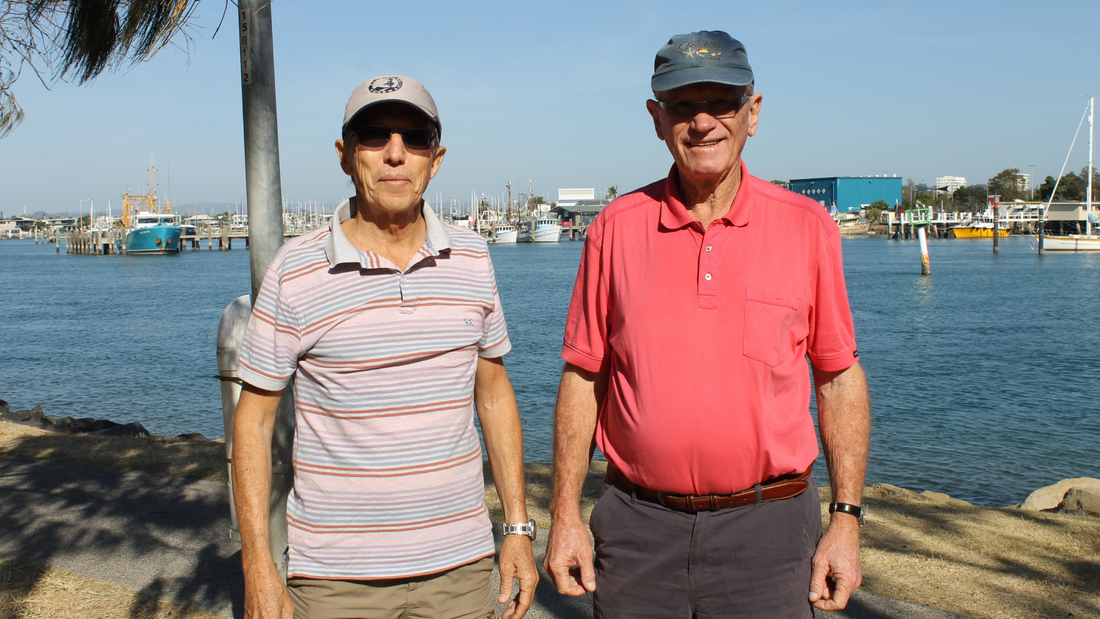Your Story Series: Meet Ken

What is your name?
My name is Ken Wright.
Describe yourself.
I like to play lawn bowls, golf and other outdoor activities. I spent quite a bit of time in North Queensland and on the surf beaches in my younger days, with no understanding of the damage sun exposure will cause. I have lived in Queensland for most of my life and had never given sufficient care to the protection of my skin from sun exposure.
How did you discover your skin cancer / melanoma / skin condition and how long ago?
In the mid 70’s I had a melanoma removed from my side and in subsequent years a further 4 were removed from other parts of my body. From then on, and continuing today, removal of numerous basal cell carcinomas and squamous cell carcinomas is an ongoing surgical requirement. The damage has already been done.
In 2005 one of the melanomas had metastasised to my lymph glands requiring complete removal. I was then diagnosed as having Stage 3 Melanoma Cancer. Fortunately I am still alive today.
What is your attitude towards sun protection today?
I currently spend a lot of time working with Cancer Council Queensland and Melanoma Patients Australia as a volunteer promoting the benefits of sun protection and skin care. I am very committed to the promotion of an understanding the benefits of sun protection amongst all age groups in the community in the hope that there may be some improvement in the numbers of reported cases.
I am now developing a Powerpoint document, in conjunction with the Cancer Council (Sunshine Coast Branch), for presenting to various community groups in my area to improve awareness of the damage sun exposure can cause.
Thank you Ken for helping raise awareness for skin cancer, melanoma and skin conditions, and sharing your story with us and our Solbari Community.












